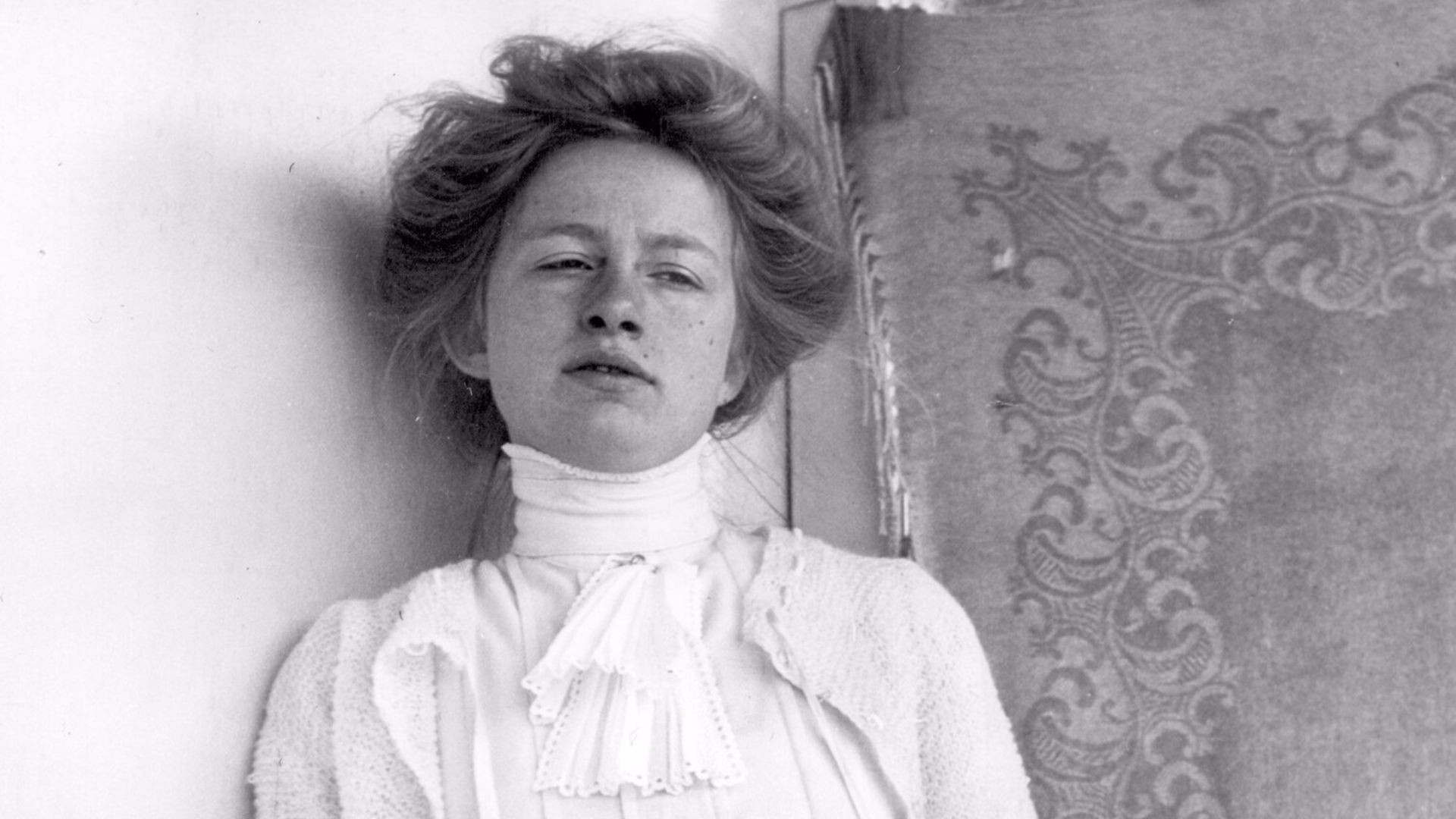Edith Sodergran Biography
Edith Irene Södergran (4 April 1892 – 24 June 1923) was a Swedish-speaking Finnish poet. She was one of the first modernists within Swedish-language literature and her influences came from French Symbolism, German expressionism and Russian futurism. At the age of 24 she released the first collection of poetry entitled Dikter ("Poems"). Södergran died at the age of 31, having contracted tuberculosis as a teenager, and did not live to experience the world wide appreciation of her poetry. Her poetry has influenced many lyrical poets and today Södergran is considered to have been one of the greatest modern Swedish poets. Södergran continues to influence Swedish poetry and musical lyrics, e.g. in the works of Mare Kandre, Gunnar Harding, Eva Runefelt and Eva Dahlgren.
Edith Södergran was a trailblazer within modernist Swedish poetry and got many followers, amongst others: Elmer Diktonius (1896–1961), Gunnar Björling (1887–1960) and Rabbe Enckell (1903–74). In Sweden she became an important guide for a number of poets from Gunnar Ekelöf and Karin Boye and beyond and her poems are now translated to Russian, Spanish, Chinese and other languages.
It took many years for her to gain recognition. Fourteen years after Södergrans death the author Jarl Hemmer said that her poetry surely had meaning but did not believe that it would be appreciated by people in general.
She was often fascinated by expressionism but later broadened her lyrical expression and has come to be called a modernist. This despite that she is considered amongst others Elmer Diktonius and Rabbe Enckell on the whole as being distinct.
Of her poems, some of the most well-known are Svart eller vitt ("Black or White"), Ingenting ("Nothing"), Min barndoms träd ("My Childhood's Trees") and Landet som icke är ("The Land which is not"). Her most quoted poem is probably Dagen svalnar... ("The Day Cools...") which deals with feelings such as longing, fear, closeness and distance.
Södergran's poetic authority and her sense of herself were clearly liberated by her reading of Nietzsche and her acceptance of the concept of the superman. In her middle-period poems, we often meet a commanding figure - a prophet, a princess, a saint, or simply an imposing "I" projecting their will, their visions and feelings. This kind of assertiveness, particularly coming from a woman writer, has been an obstacle to some reading her work and a highly attractive and convincing element to others. But Södergran herself was enough of a realist to know that these personae are not simply to be conflated with her own private self - she obliquely refers to that distinction several times in her letters to Hagar Olsson, and many people who knew her have attested that she was aware of it - so the ego in her production can be a role that she'll visit and investigate, as in the poems Rosenaltaret ("The Rose Altar") , Stormen ("The Storm")(there are two poems with this title, both of them with a visionary slant), Skaparegestalter ("Creator Figures") and Vad är mitt hemland ("What Is My Homeland?") and many others. In Den stora trädgården ("The Big Garden), a beautiful 1920 poem about the mission of artists and the new age, she states openly that "Naked we walk in shredded clothes ..." and that artists have no outward power and should not aim to have any:
If I had a big garden
I would invite all my brothers and sisters there.
Each one would bring a large treasure.
We own nothing, thus we could become one people.
We shall build bars around our garden
letting no sound from the world reach us.
Out of our silent garden
we shall bring the world a new life.
The poem was originally sent to Hagar Olsson in an April 1920 letter where Edith recounts flu, abject poverty and a humiliating attempt to sell some old underwear to get money. Gunnar Tideström has commented that "few documents of her hand give such a striking idea of her everyday self" and "she admits that life is cruel and that she will perish if this goes on for much longer - but it is not a self-pitying letter; it glows with light".
My soul was a light blue dress the color of the sky;
I left it on a rock by the sea
and naked I came to you, looking like a woman.
...
I have a luck cat in my arms,
it spins threads of luck.
Luck cat, luck cat,
make for me three things:
...
Of all our sunny world
I wish only for a garden sofa
where a cat is sunning itself.
...
I long for the land that is not,
For all that is, I am weary of wanting.
The moon speaks to me in silvern runes
About the land that is not.
...
